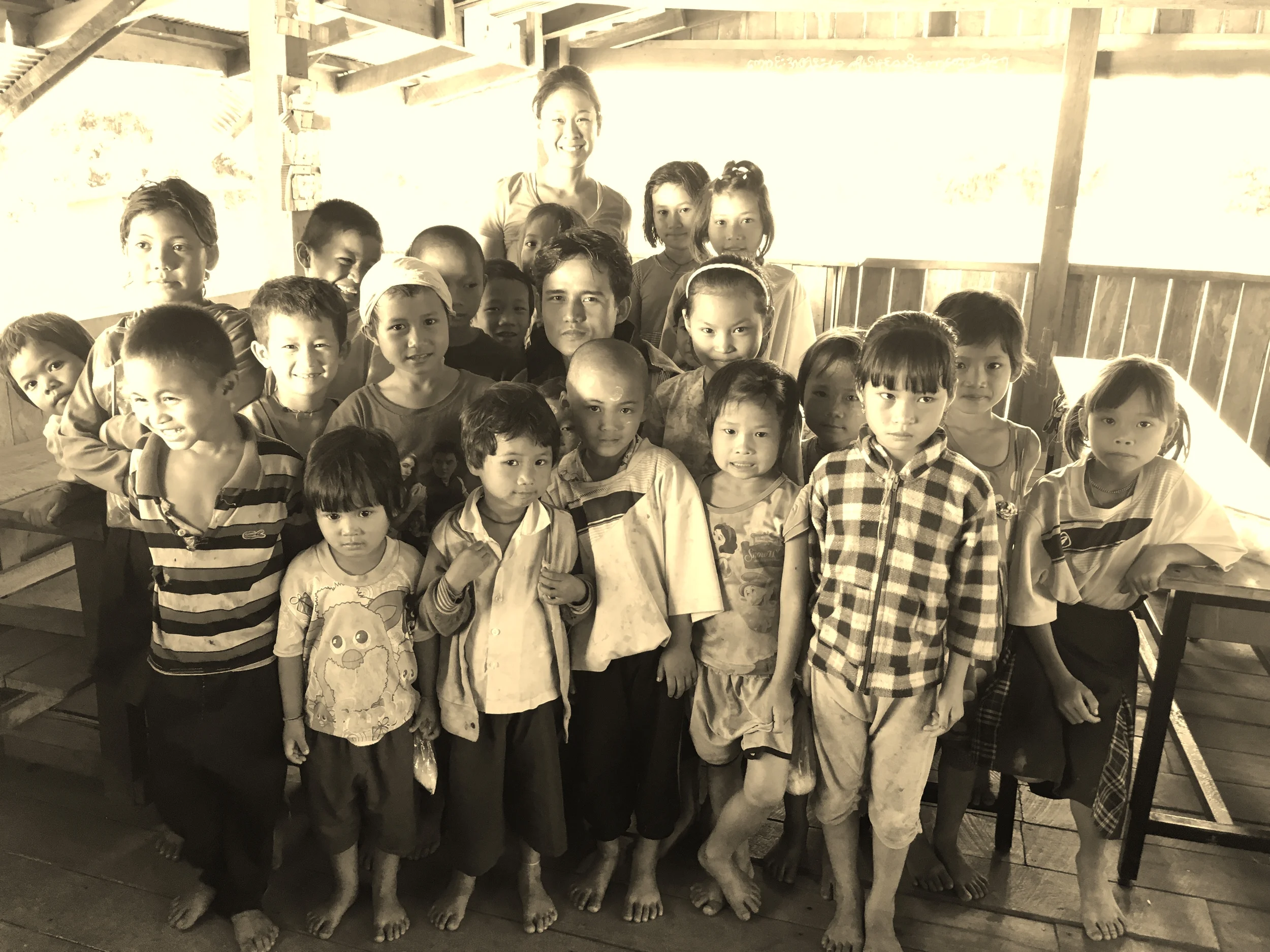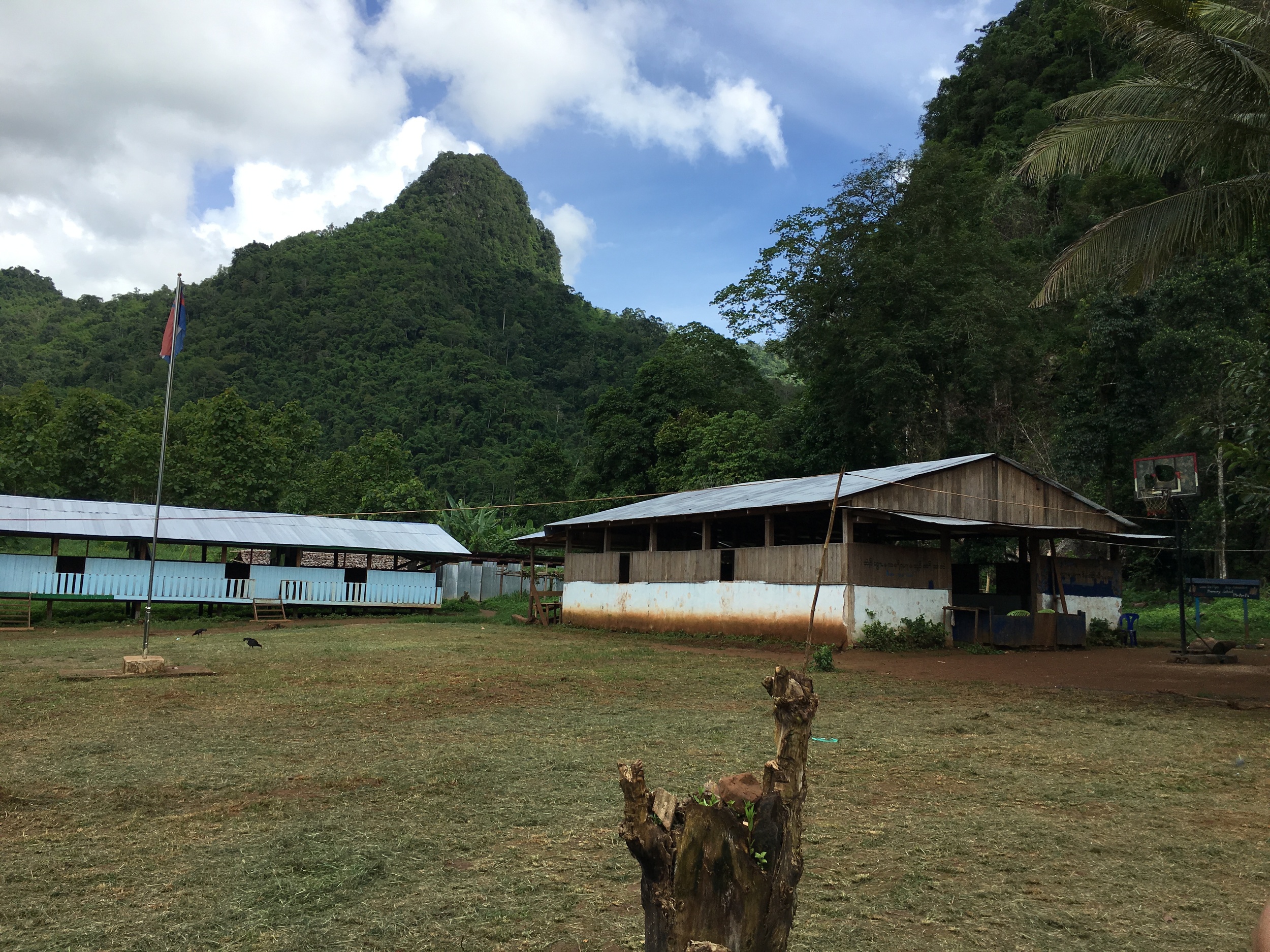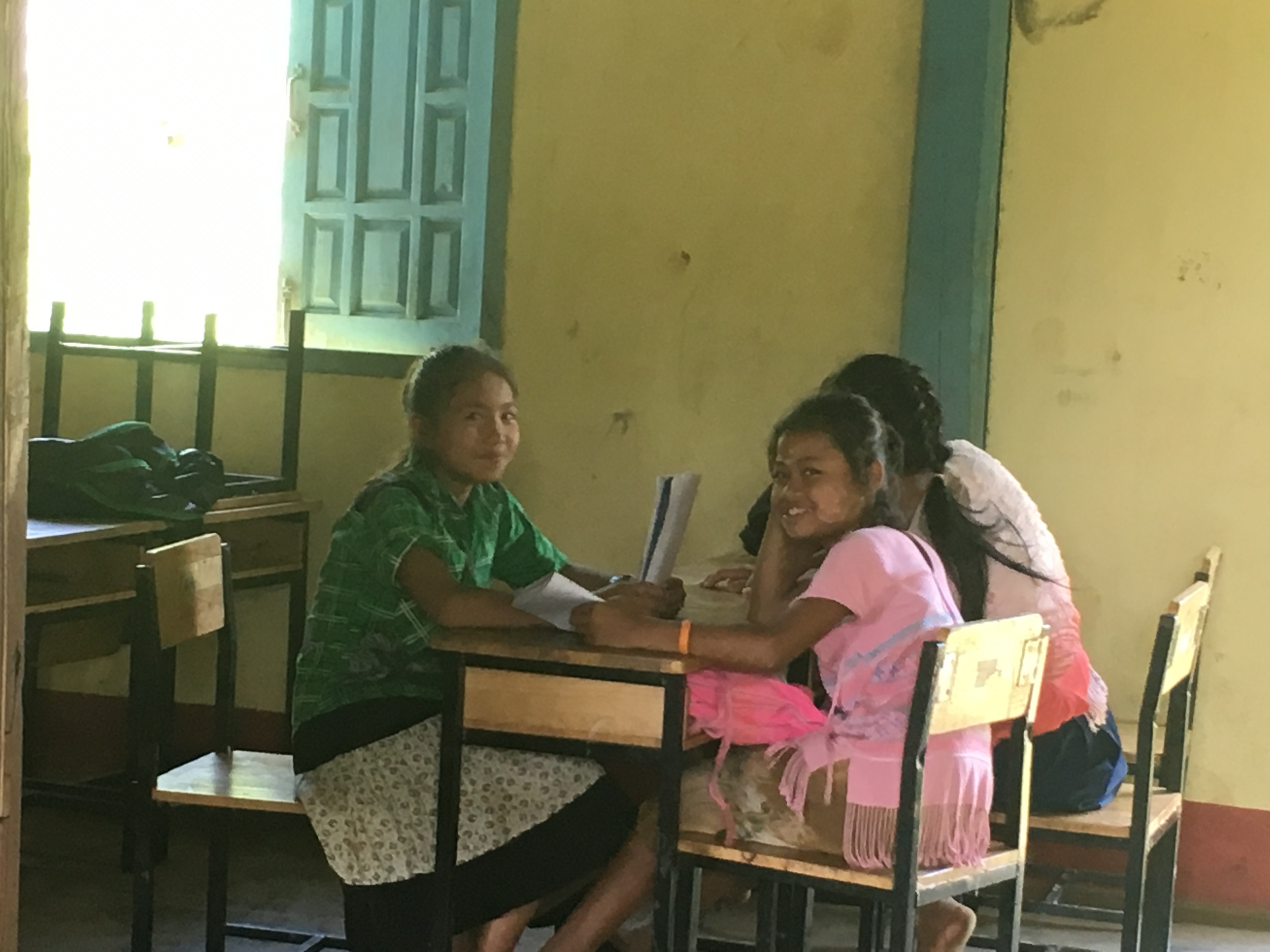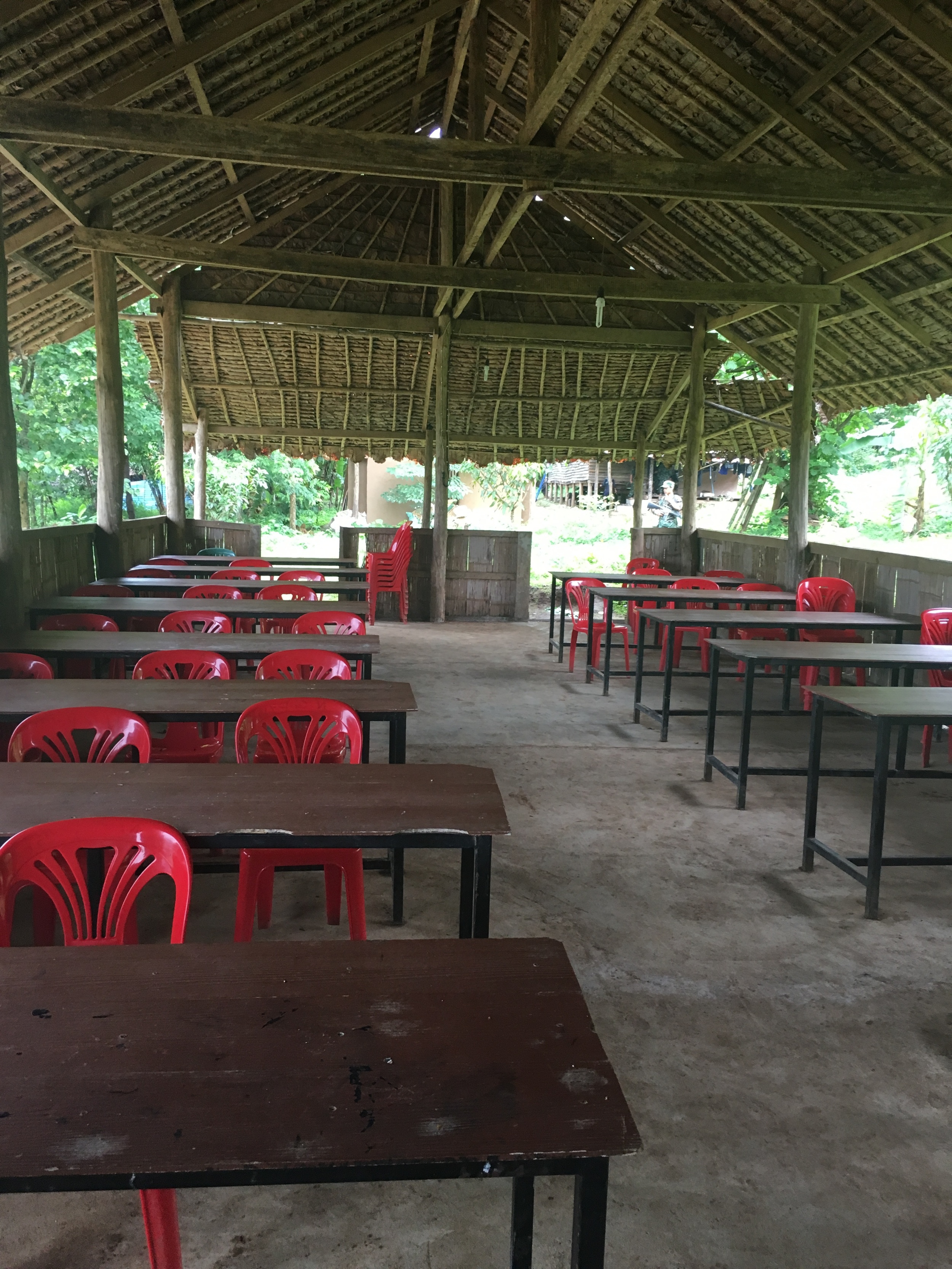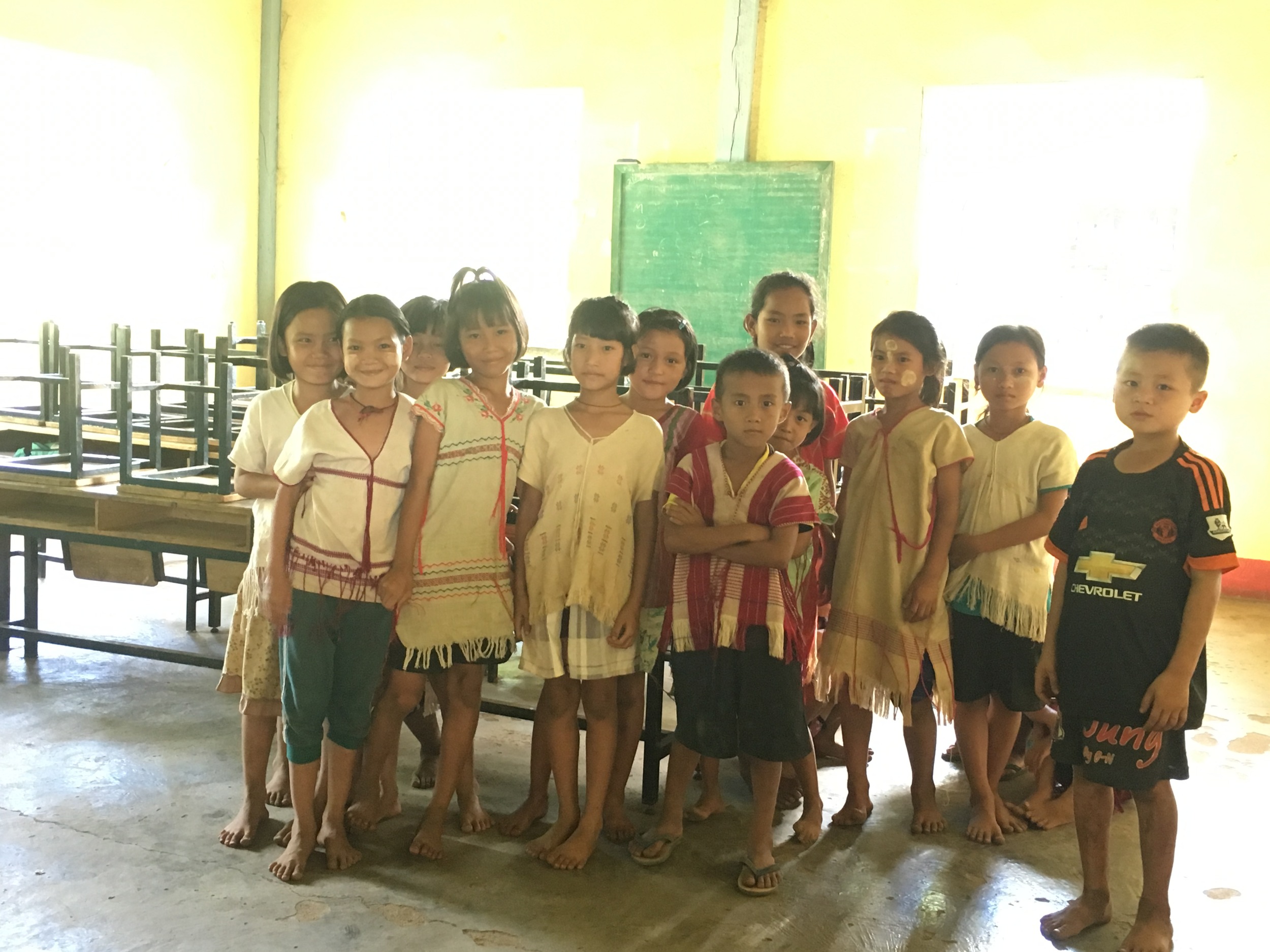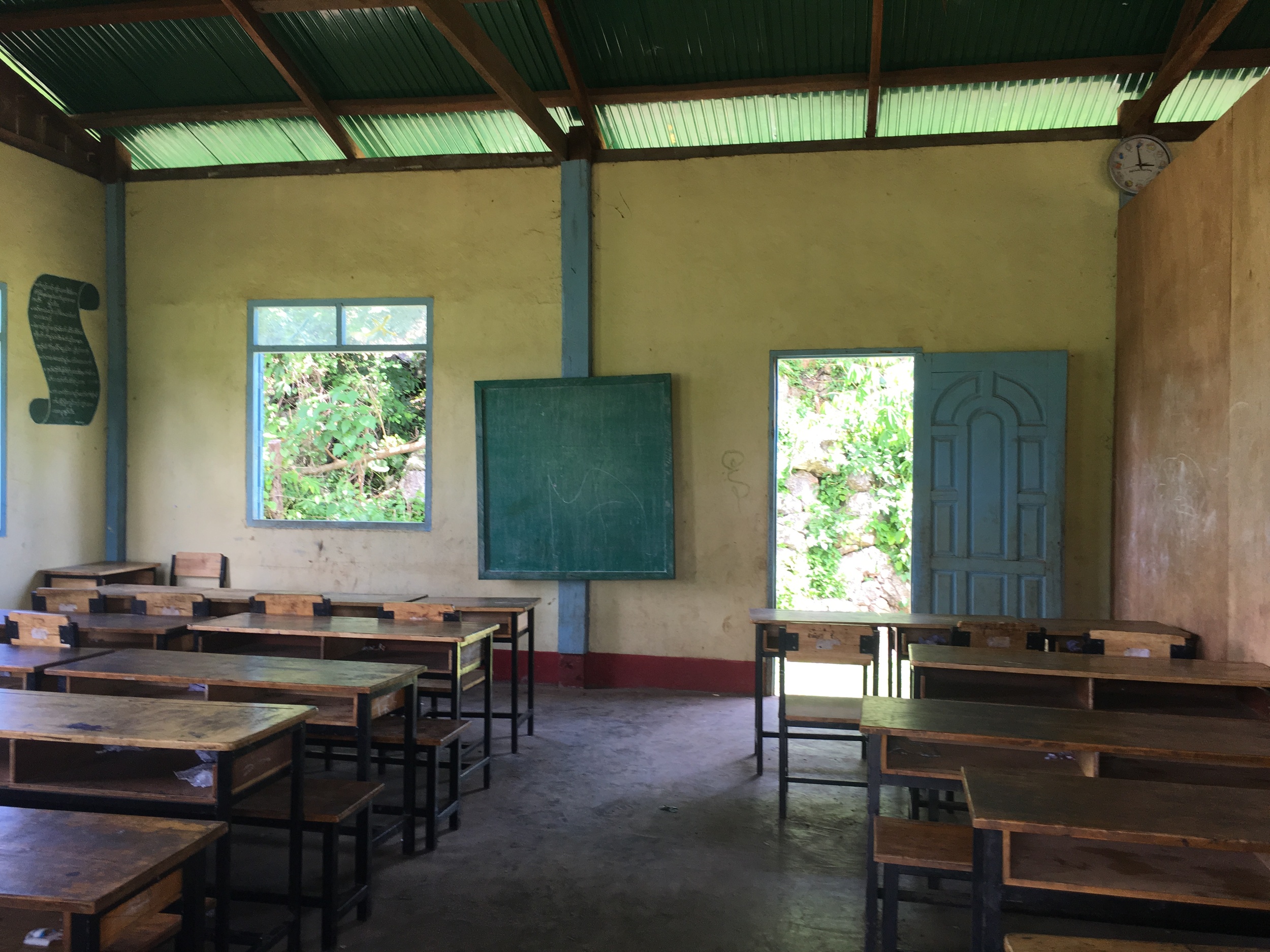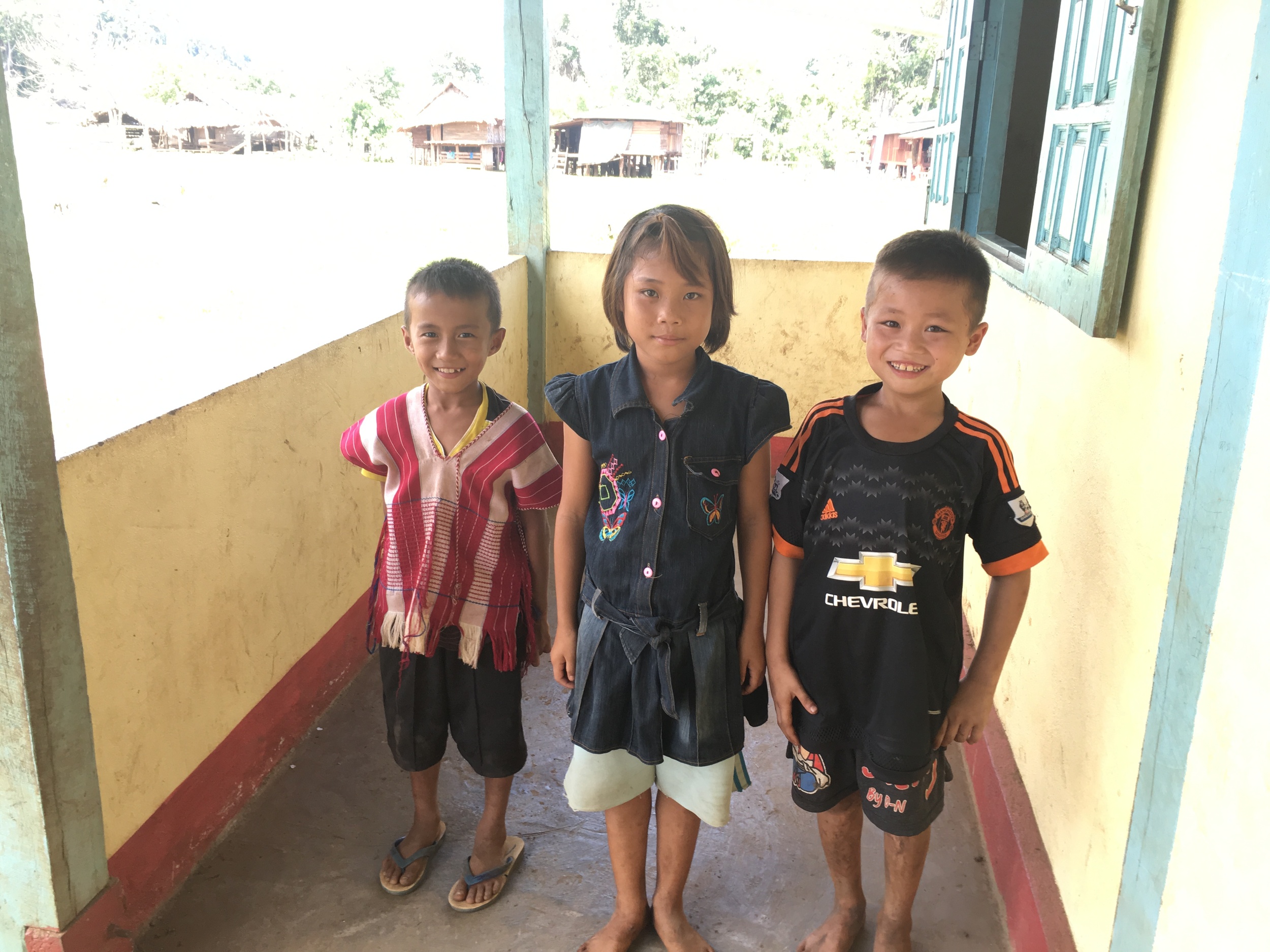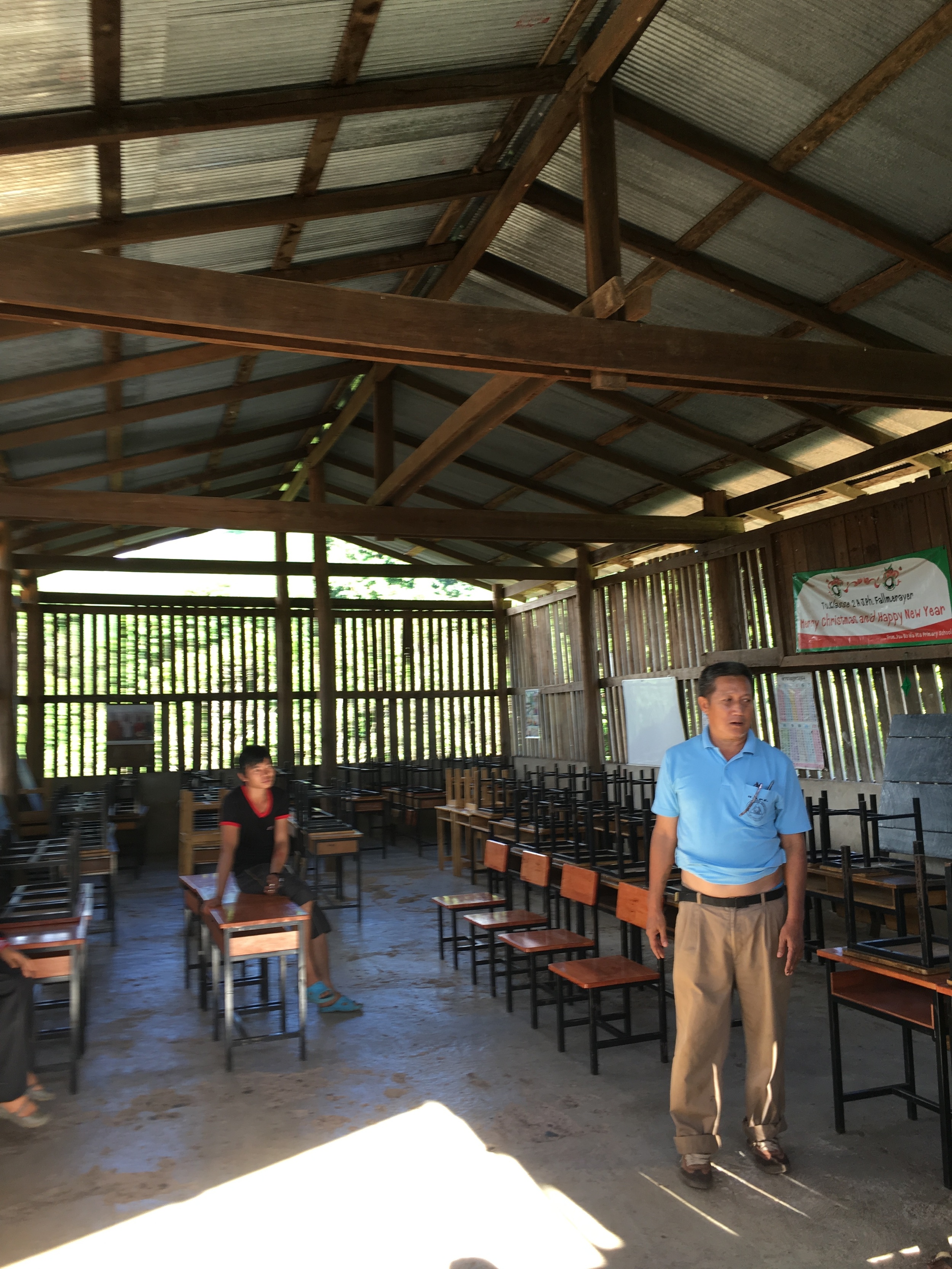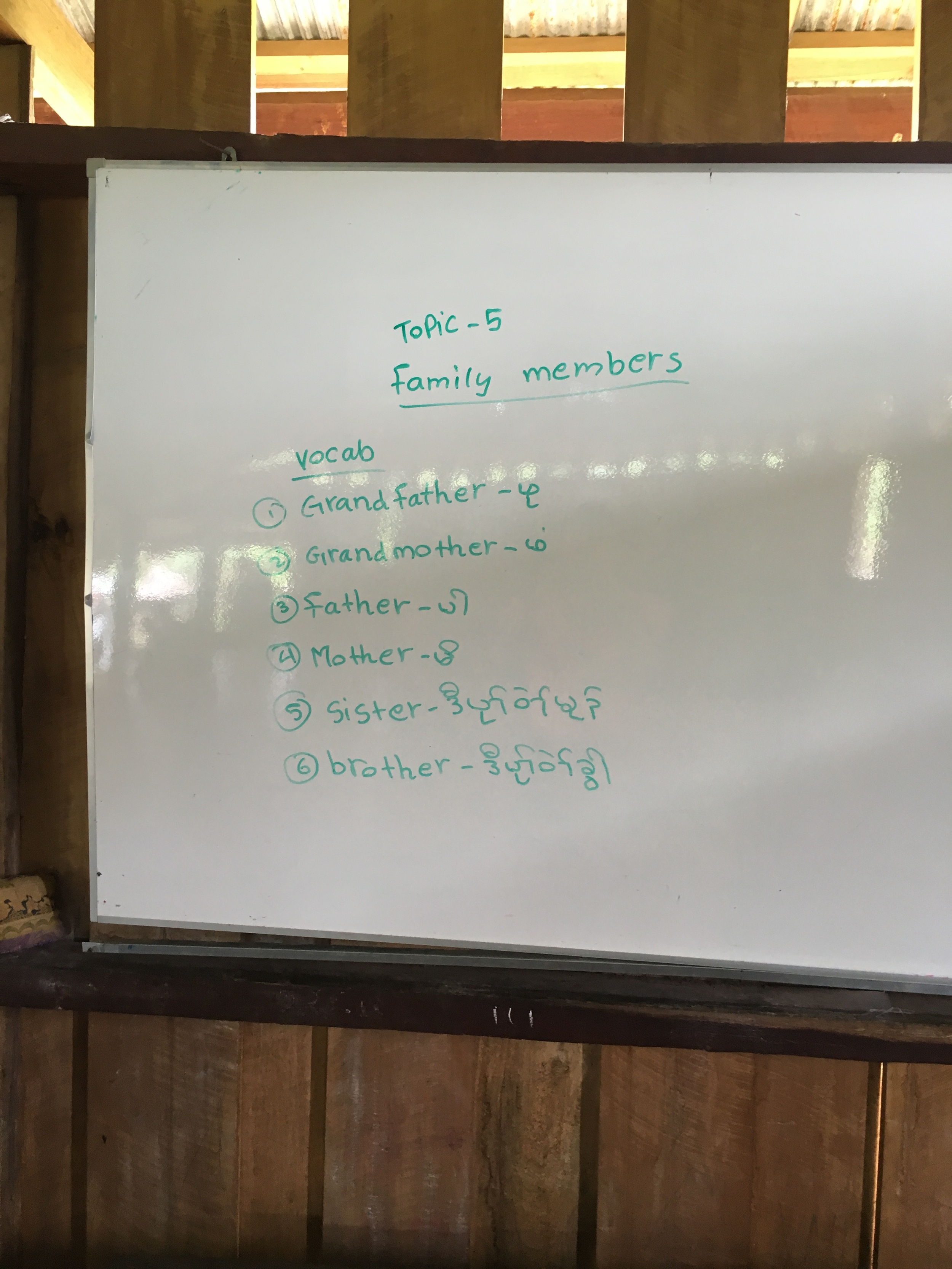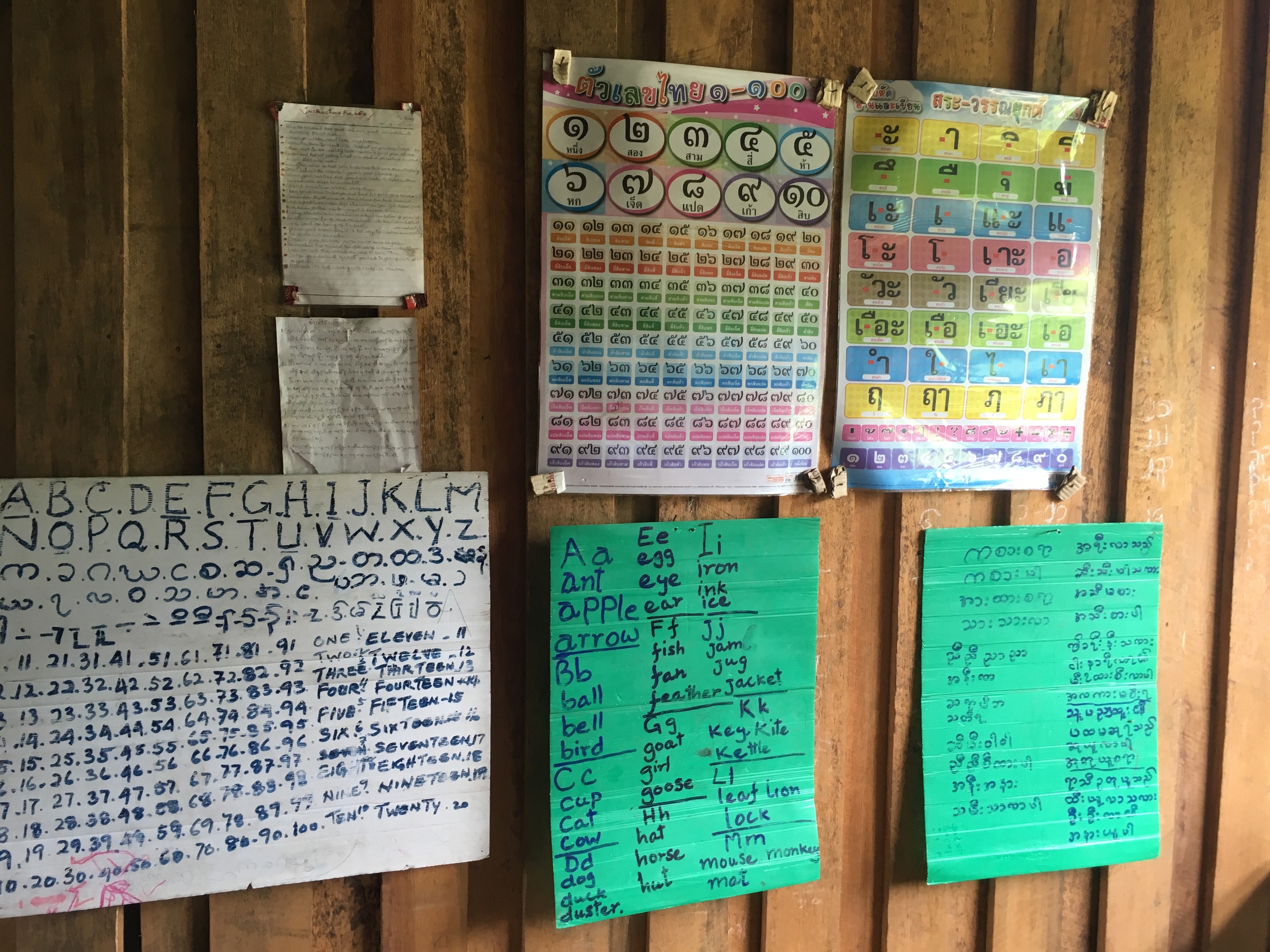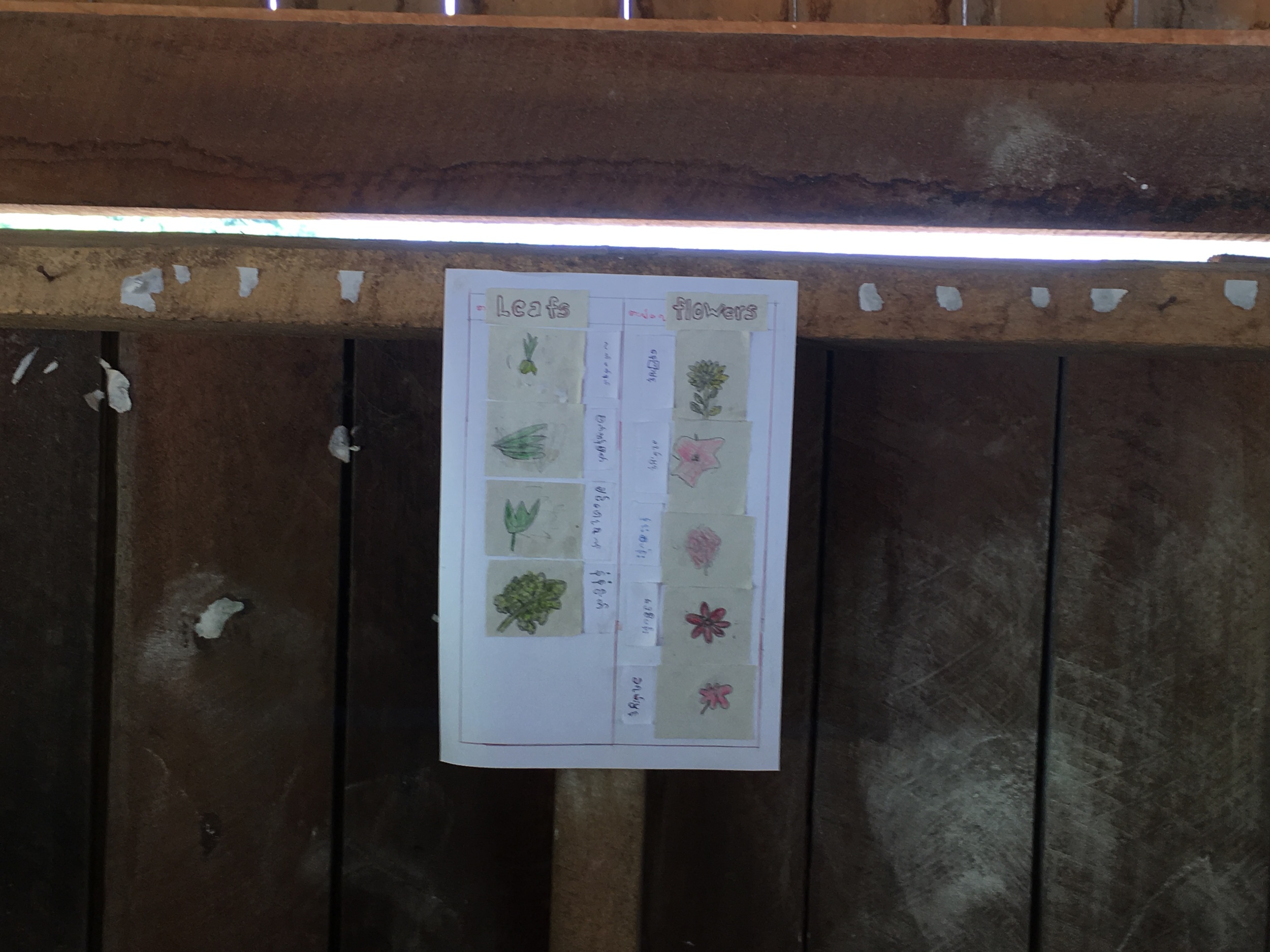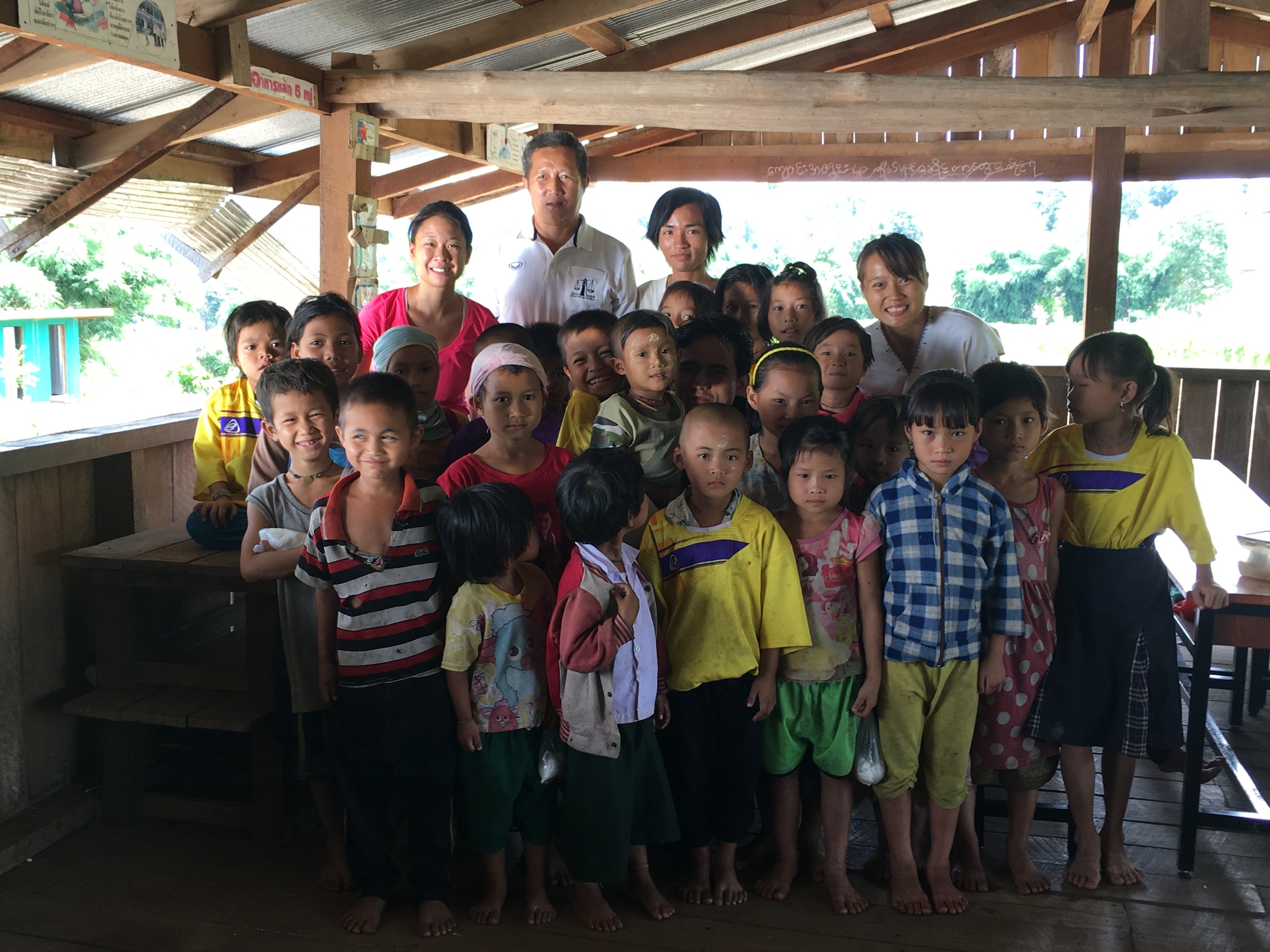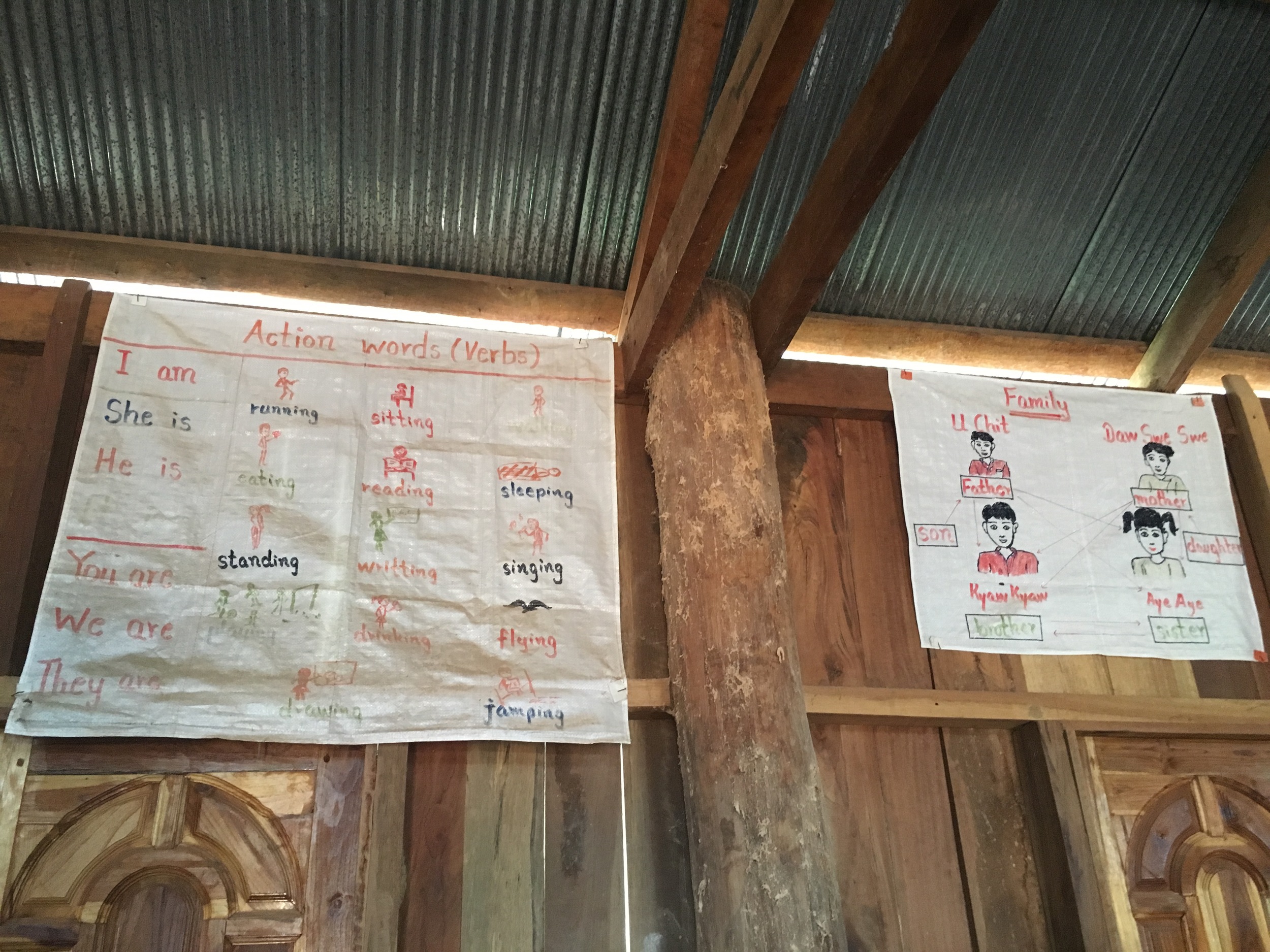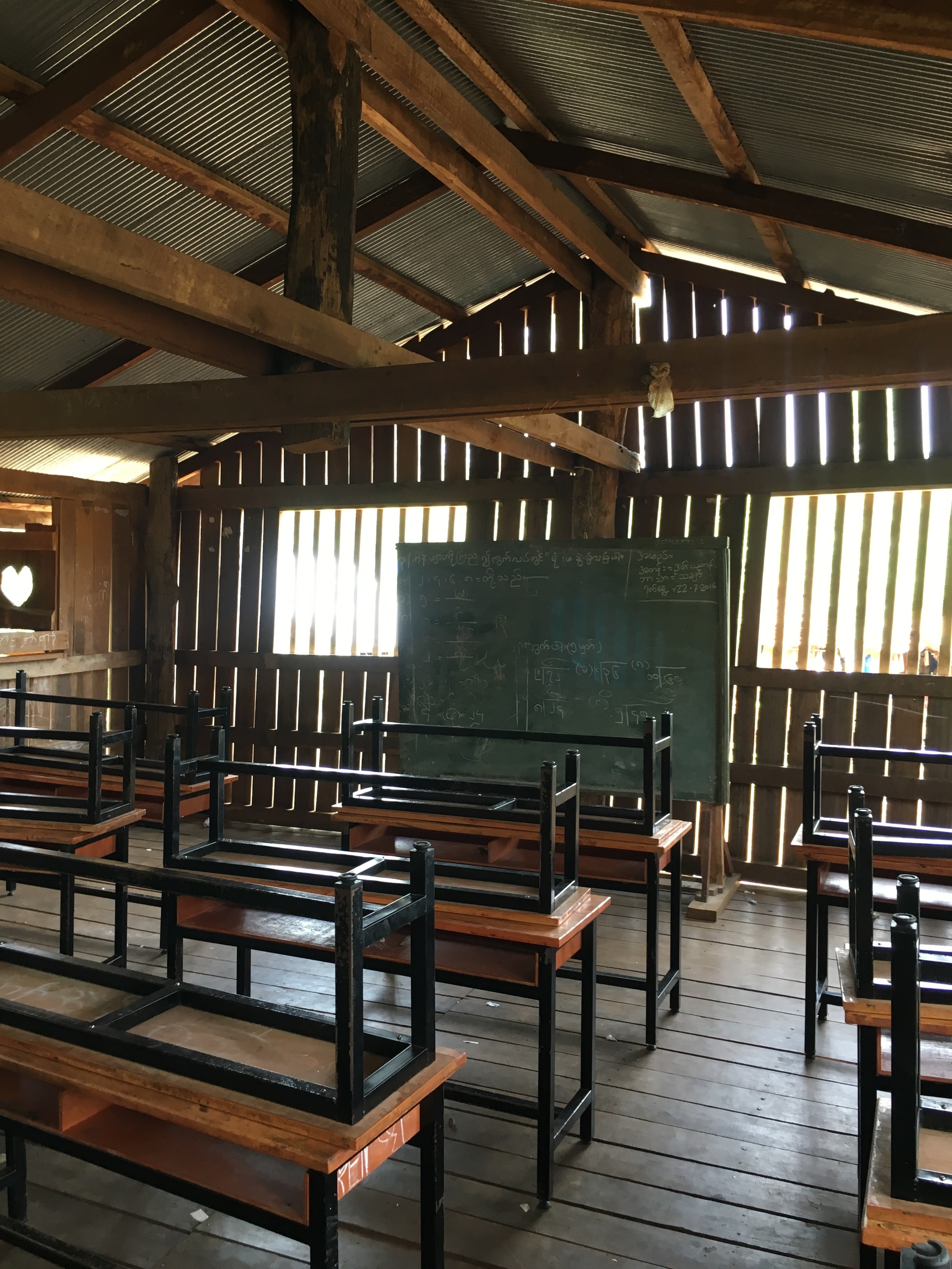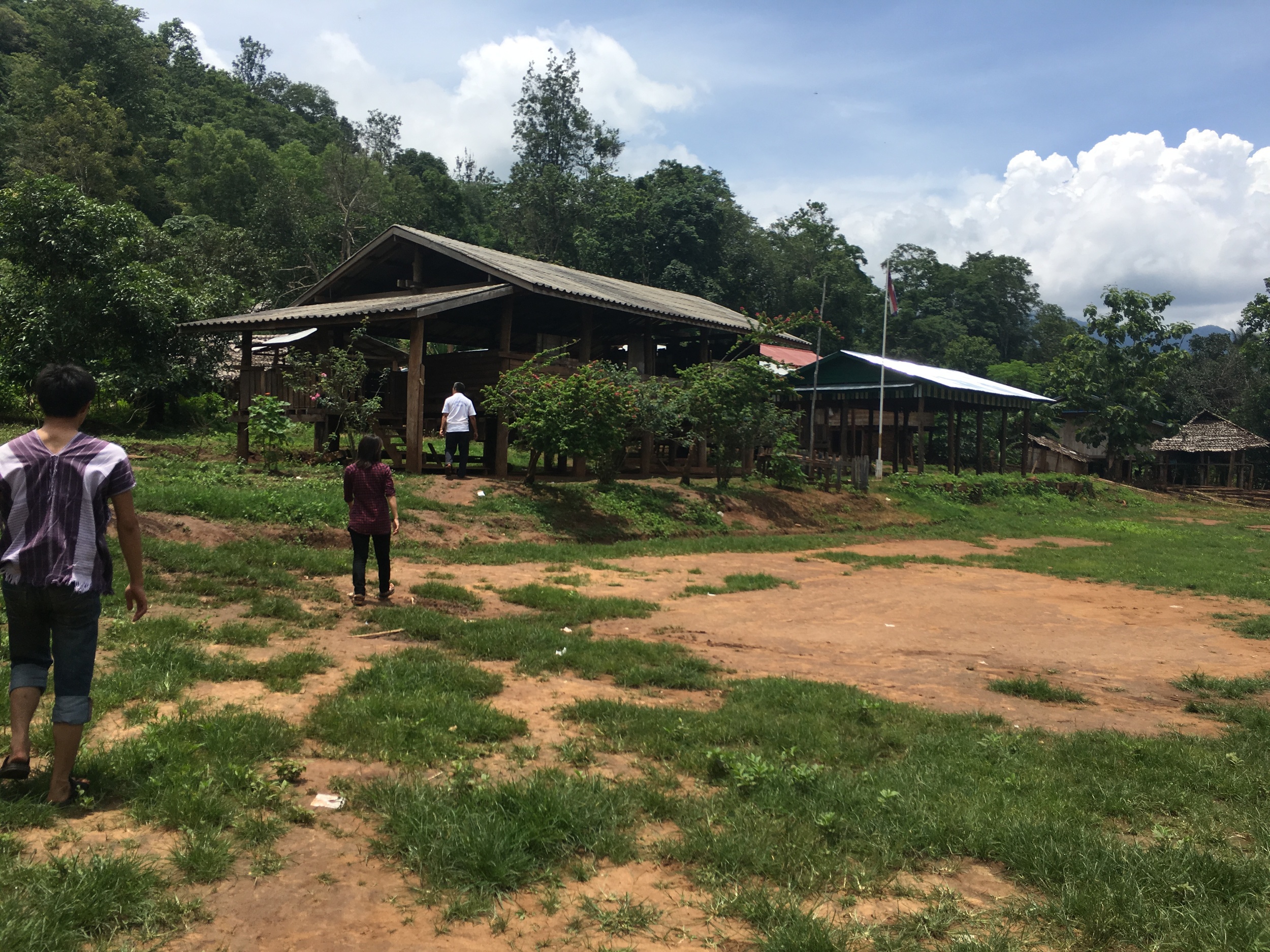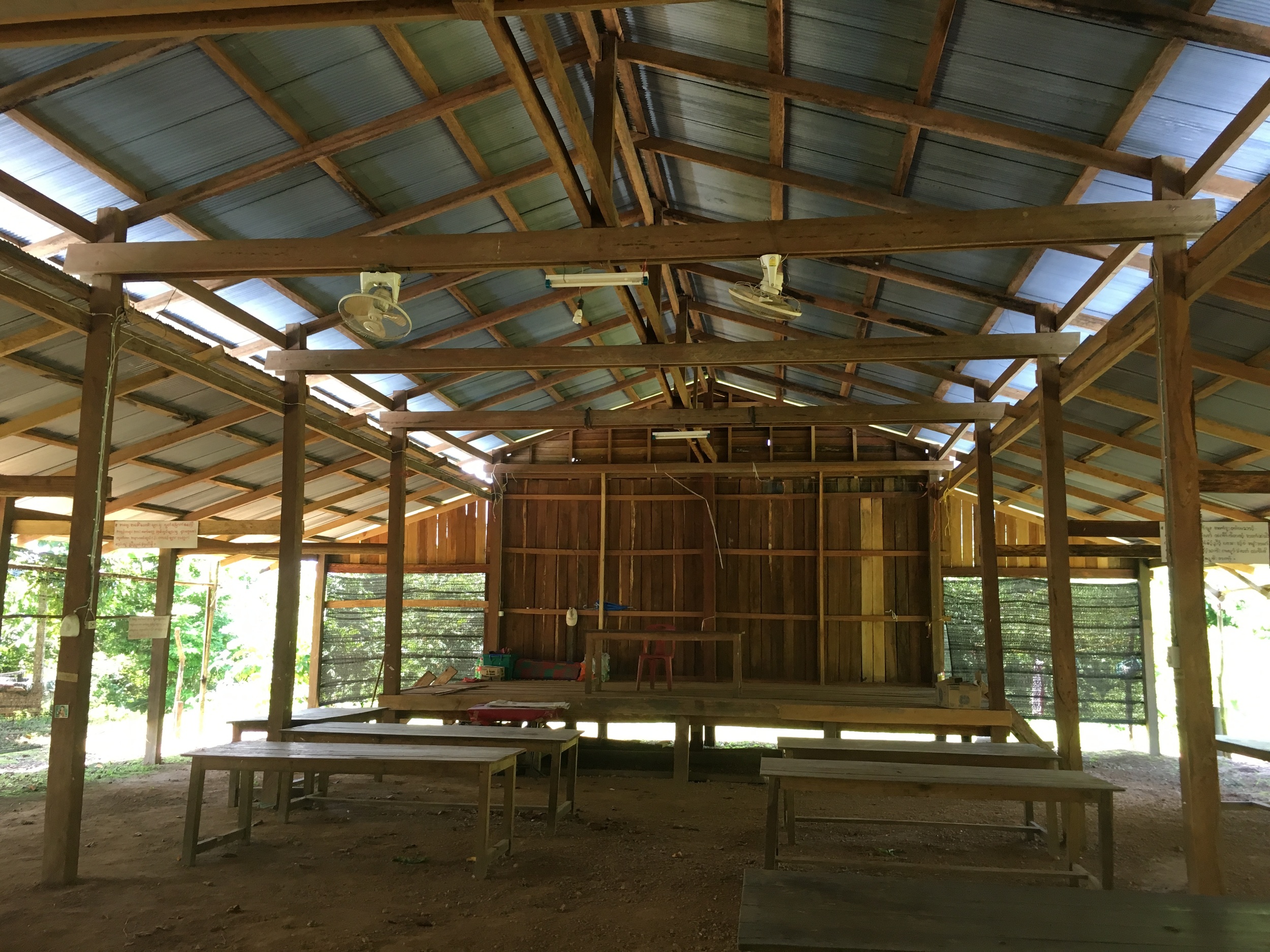Above photos: Actual schools in the Karen State that have no power and no access to power
WHY help us power the Karen Schools?
99.9%: of the Karen village schools have no electricity and no access to electricity.
100%: of students use candles as means to study and to complete homework after sundown
100%: of Schools are built with wood
50%: of the household income goes to buying candles for their children to study, tutor, and complete homework at night.
4: The number of candles used nightly per student to complete homework and study
4: The languages that the students learn starting from Kindergarten through Grade 11. (Karen, Burmese, English, and Thai)
57: Average number of students per school
OUR GOAL
Our goal is two-fold:
1. Provide a 4 panel solar powered system that includes 24 DC classroom grade lighting Flat panel lights, 6 DC fans, and outlets.
2. Teach and instruct the village council and school council how to install and maintain the system.
YEAR 1: 20 SCHOOLS
4 YEARS: 100 SCHOOLS
Karen State, with a population of 5 million, is an ethnic minority state located along the Thai Border in Myanmar.
The Karen people, an ethnic minority, have been at war with the Burmese army since 1947. There has been a ceasefire since 2012, which has held, but as yet no signed peace treaty. In early 2014, the Burmese army gave up its bases and left Karen State. The new governing party in Myanmar gives hope that there will be continued peace and a future peace treaty between Myanmar and Karen State. Due to the long history of conflict, the Myanmar government has not recognized the Karen as citizens of Myanmar. This has left the Karen with a lack of food, shelter, education, and electricity. The Karen Education Department (KED) was founded with the mission of increasing education and advocating the importance of education in the Karen villages. KED believes that education of the next generation is the key to improving the Karen State and people. Since KED’s founding, they have built over 1200 schools, and standardized the Karen Education curriculum to include the following subjects: English, Thai language, Burmese language, Karen language, Math, Science, Geography, Social Studies, and Political Science.
